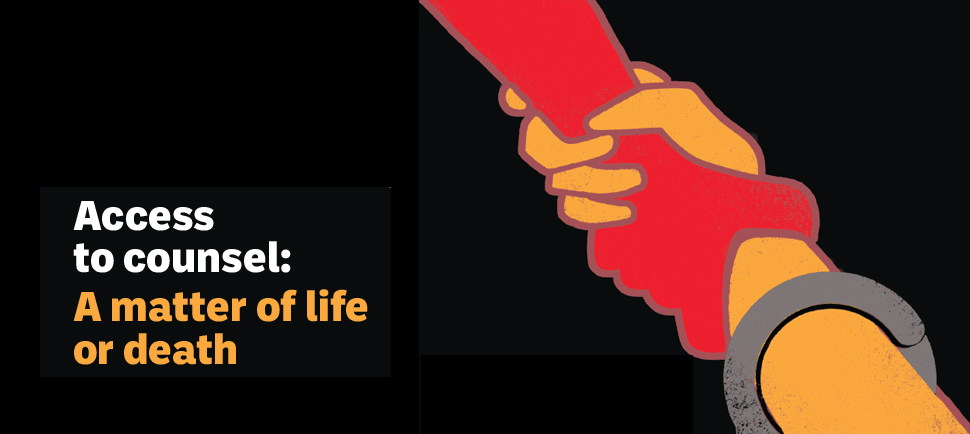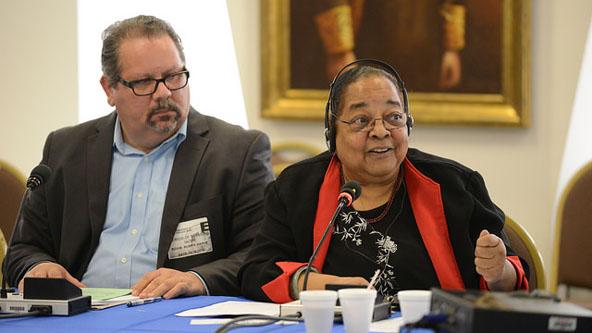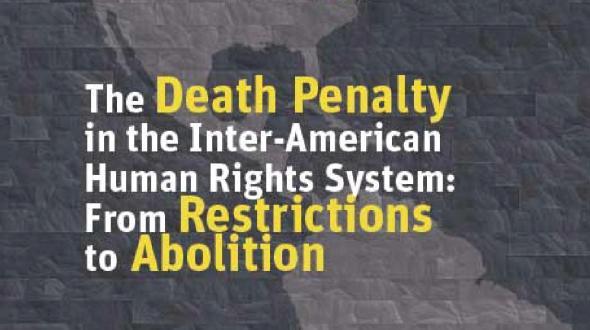Related document(s)
Document(s)
The politics of abolition: Reframing the death penalty’s history in comparative perspective
By Carolyn Strange, Daniel Pascoe, and Andrew Novak, on 5 December 2024
2024
Academic Article
Canada
Cruel, Inhuman and Degrading Treatment and Punishment
Mali
Mexico
Myanmar
Philippines
Trend Towards Abolition
United Kingdom
More details See the document
Literature on opposition to the death penalty typically characterizes abolition as inexorable and attributes its fulfillment to the age of human rights. Although most countries abolished capital punishment after the Universal Declaration of Human Rights in 1948, this article uses three comparative case studies to demonstrate abolition’s entanglement with a broader range of political, legal, and cultural factors. Applying a historically grounded nonteleological approach, we offer three insights. First, civilizationist values drove abolitionism in countries in the “vanguard,” such as Canada and England/Wales, where human rights rationales were expressed well after abolition and as a mark of superiority. Second, death penalty abolition has often allied with decolonization and penal reform, but assertions of independence and sovereignty have periodically provoked reinstatement, as in Mexican and Philippine history, which underscores the fragility of abolition. Third, state-centric approaches to de jure and de facto abolition overlook the practice of extrajudicial and summary “rebel” executions in polities such as Myanmar and Mali, which lack a state monopoly on force. Further historical studies that do not presuppose a human rights explanation of abolition and that compare jurisdictions within as well as between the Global North and South will better grasp the death penalty’s complex history.
- Document type Academic Article
- Countries list Canada / Mali / Mexico / Myanmar / Philippines / United Kingdom
- Themes list Cruel, Inhuman and Degrading Treatment and Punishment / Trend Towards Abolition
Document(s)
The Last Verdict
By Jamie Arpin-Ricci, on 1 January 2016
2016
Book
Canada
More details See the document
What would you do if your child was murdered?What would you do if your child was convicted of murder?Alice Goodman has known great loss. Since the brutal murder of her daughter Madeline decades earlier, she has tirelessly fought to see the killer pay for his crime. Now, after twenty years, the day has arrived that she will witness his long-delayed execution. Will justice finally be done? Will she finally find the peace that has long eluded to her?Lori Williams knows she was not the perfect mother, but she never believed her son Mark could be guilty of the crime that placed him on death row. Confronting every challenge along the way, she refused to give up her pursuit of the truth—a truth she believed would set her son free. Will it be enough?Both women are fighting for a justice they believe has been denied their children. Now, their lives are on a collision course with each other. Is either woman prepared for the truth?
- Document type Book
- Countries list Canada
- Themes list Right to life, Clemency, Death Penalty,
Document(s)
Showing Remorse: Reflections on the Gap between Expression and Attribution in Cases of Wrongful Conviction
By Richard Weisman / Canadian Journal of Criminology and Criminal Justice, on 1 January 2004
2004
Article
Canada
More details See the document
This paper seeks first to show that persons who are convicted of crimes can be perceived as either remorseful or as lacking in remorse. This division establishes a moral hierarchy that has profound implications for the characterization and disposition of persons who are so designated. Second, using both Canadian and American cases, it looks at how inclusion in the category of the unremorseful affects the characterization and disposition of those who have been wrongfully convicted. Finally, it suggests that remorse is a major site of conflict between persons who are wrongfully convicted and officials within the criminal justice system, conflict that involves the use of institutional pressure to encourage the expression of remorse, on the one hand, and the mobilization of individual resources to resist those expressions.
- Document type Article
- Countries list Canada
- Themes list Networks,




